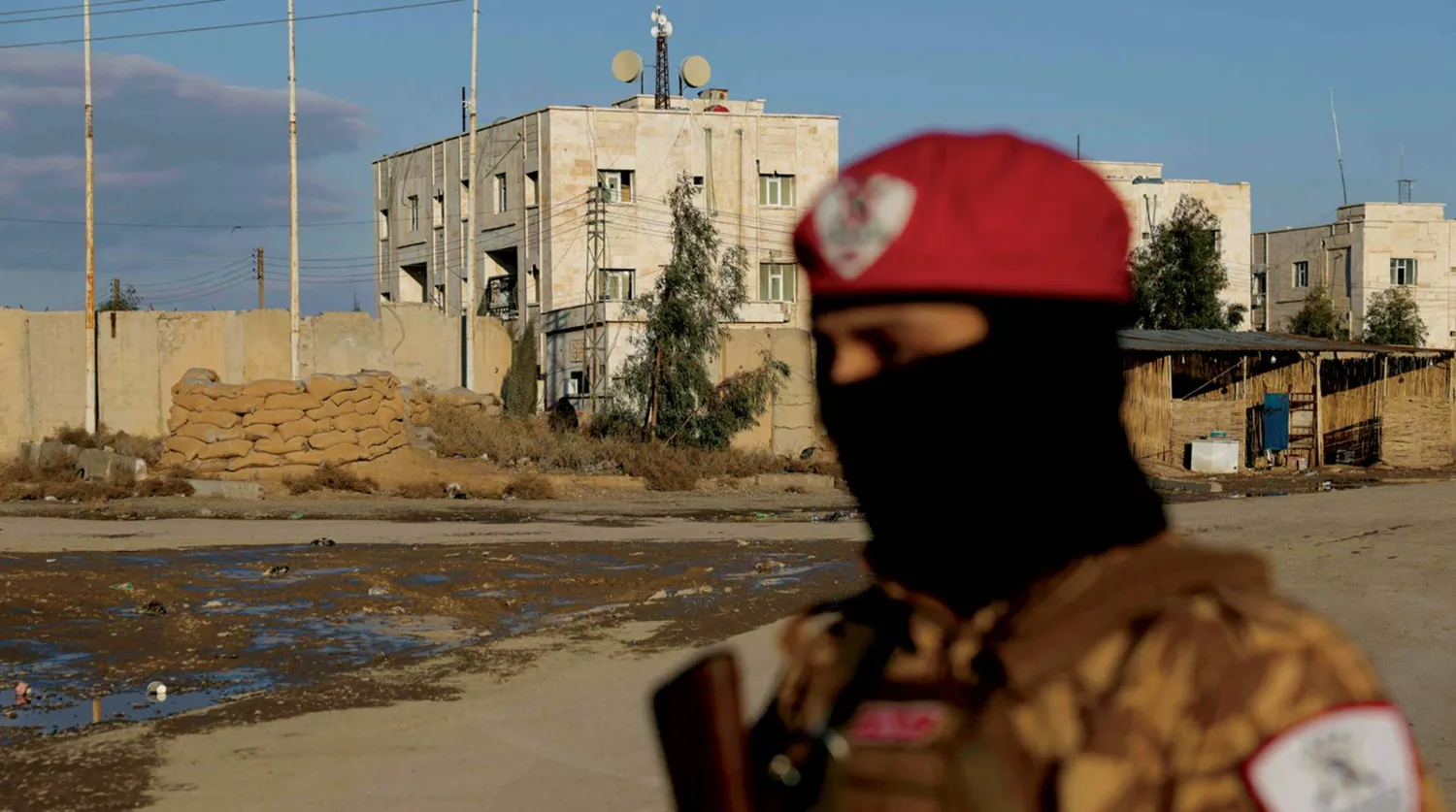Israeli forces stormed southern Gaza's main city on Tuesday in what they called the most intense day of combat in five weeks of ground operations against Hamas militants, and hospitals struggled to cope with scores of Palestinian dead and wounded.
In what appeared to be the biggest ground assault in Gaza since a truce with Hamas unraveled last week, Israel said its forces - which were backed by warplanes - had reached the heart of Khan Younis.
"We are in the most intense day since the beginning of the ground operation," the commander of the Israeli military's Southern Command, General Yaron Finkelman, said in Jerusalem.
He said Israeli forces were also fighting in Jabalia, a large urban refugee camp and Hamas stronghold in northern Gaza next to Gaza City, and in Shuja'iyya, east of the city.
"We are in the heart of Jabalia, in the heart of Shuja'iyya, and now also in the heart of Khan Younis," he said.
Khan Younis residents said Israeli troops and tanks had crossed through the Israeli border fence enclosing the coastal Gaza Strip and closed in on the city from the east.
After days of ordering residents to flee the area, Israeli forces dropped new leaflets on Tuesday with instructions to stay inside shelters during the assault.
"For your safety, stay in the shelters and the hospitals where you are. Don’t get out. Going out is dangerous. You have been warned," said the leaflets, addressed to residents of six districts amounting to around a quarter of Khan Younis.
The Israelis, who largely seized Gaza's northern half last month before pausing for the week-long truce, say they are now extending their ground offensive to the south. They believe Hamas commanders they aim to eliminate are holed up in part of a vast tunnel network in the territory.
"We're moving ahead with the second stage now. A second stage that is going to be difficult militarily," Israeli government spokesperson Eylon Levy said.
Israel, he added, is open to "constructive feedback" on reducing harm to civilians as long as the advice is consistent with its aim of destroying Gaza's ruling Islamist movement.
Rising death toll
Palestinian health officials said large numbers of people had been killed in a strike on houses in Deir al-Balah, north of Khan Younis. Dr Eyad Al-Jabri, head of the Shuhada Al-Aqsa Hospital there, told Reuters at least 45 people had been killed.
Reuters was unable to reach the area or confirm the toll.
Israel launched its campaign in retribution for an Oct. 7 attack by Hamas fighters who rampaged through Israeli towns, killing 1,200 people and seizing 240 hostages, according to Israel's tally.
According to Gaza health officials, more than 15,900 Palestinians are confirmed to have been killed by Israeli air and strikes and other actions, with thousands more missing and feared buried under rubble.
Israeli bombardments have driven 80% of Gaza's 2.3 million residents from their homes, most fleeing south. Crowded southern areas are now sheltering triple their usual population.
At Khan Younis' main Nasser hospital, the wounded arrived by ambulance, car, flatbed truck and donkey cart after what survivors described as a strike on a school being used as a shelter for the displaced.
Inside a ward, almost every inch of floor space was taken up by the wounded, medics hurrying from patient to patient while relatives wailed.
A doctor carried the small limp body of a dead boy in a tracksuit and placed him in a corner, arms splayed across the blood-smeared tile. On the floor nearby, surrounded by discarded bandages and rubber gloves, lay a wounded boy and girl, their limbs tangled with the stands holding IV drips in their arms.
Two young girls were being treated, still covered in dust from the collapse of the house that had buried their family.
"My parents are under the rubble," sobbed one. "I want my mum, I want my mum, I want my family."
Gaza health ministry spokesperson Ashra al-Qidra said at least 43 corpses had already reached Nasser hospital that morning and that hospitals in southern Gaza Strip were "totally collapsing".
Washington urges less harm to civilians
The United States has urged close ally Israel to do more to reduce harm to civilians in the war's next phase.
Israel says the blame falls on Hamas fighters for operating among civilians, including from underground tunnels that can be destroyed only with huge bombs. Hamas denies using human shields.
Since the truce collapsed, Israel has been posting an online map to tell Gazans which parts of the enclave to evacuate. Khan Younis' eastern quarter was marked on Monday, home to hundreds of thousands of people, many of whom took flight on foot.
Gazans say there is no safe place, with remaining towns and shelters already overwhelmed, and Israel continuing to bomb the areas where it is telling people to go.
James Elder, spokesperson for UN children's agency UNICEF, said the few small areas designated "safe" by Israel were merely "tiny patches of barren land", street corners, sidewalks or half-built buildings unsuitable for the hundreds of thousands of people in desperate need of shelter.









